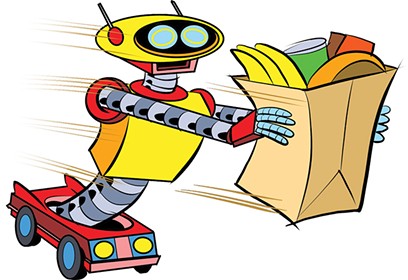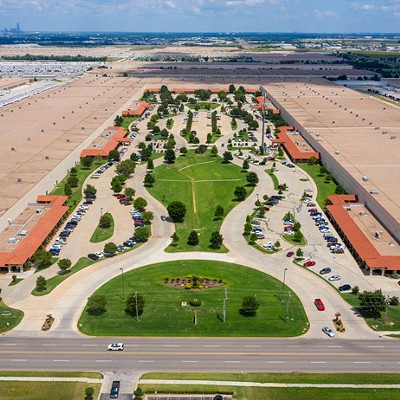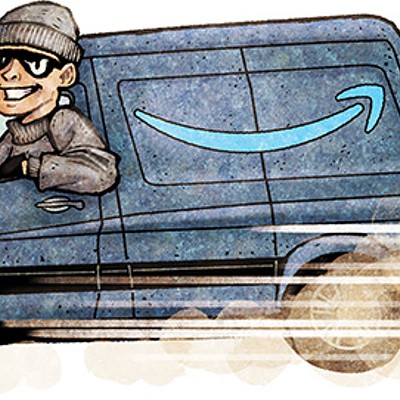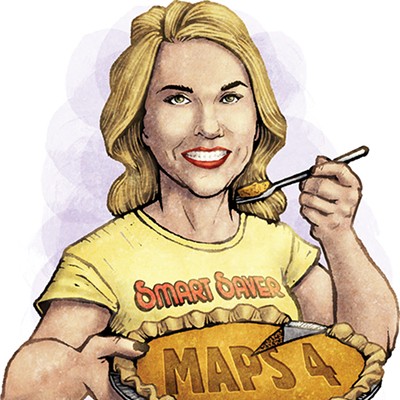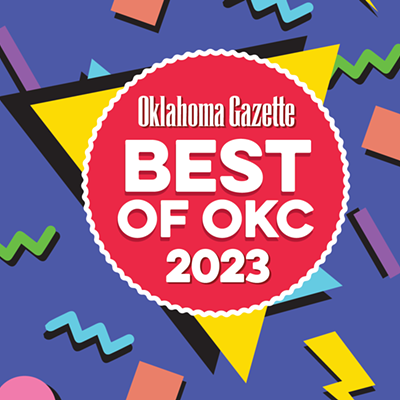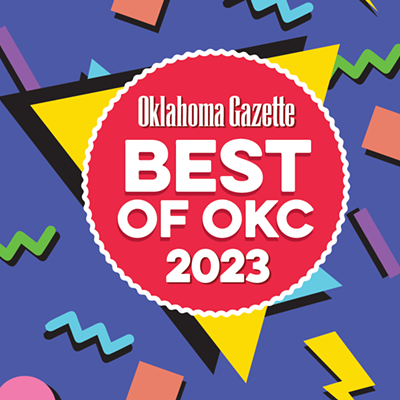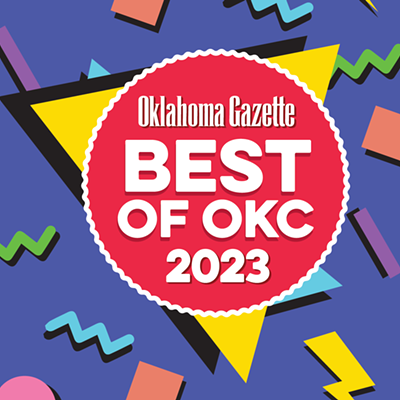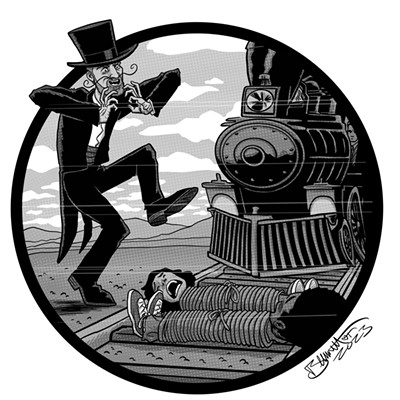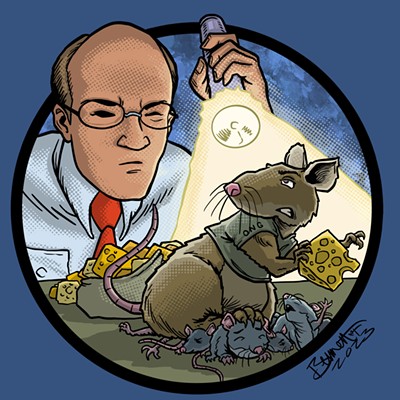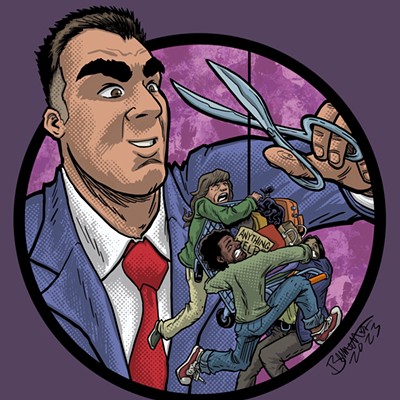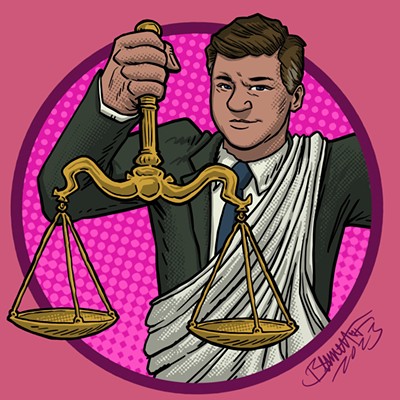Something as simple as how we get our groceries could make you realize that technological singularity — the moment at which artificial intelligence will surpass human intelligence — might be closer than we all realize.
In the same week that Amazon added Oklahoma City as one of 10 new cities able to order deliveries from Whole Foods Market, a local grocery store chain announced that self-driving cars will be on the roads in early 2019 for grocery delivery.
Local chain Buy For Less (Uptown Grocery Co., Buy For Less Supermercado and Smart Saver) entered into a partnership with San Francisco-based tech company Udelv. The cars will hit local roadways in early 2019, but with a licensed human “safety driver” while the state figures out how to allow driverless vehicles on the road.
Oklahoma is the first state outside California in which Udelv will operate, and its CEO told The Oklahoman that the Midwest is perfect for autonomous vehicles because streets in the region are flat and gridlike, which makes it easier for the software to function without error.
Oh, great! We’re going to get self-driving cars before somewhere like Boston with its confusing streets. That can either be good or bad, depending how you look at it. There’s doubt that a computer is less likely to make an error than a tired human driver, but what happens when the computers realize that humans are destructive to the planet?
In the 1980s, the made-for-television blockbuster event The Day After depicted nuclear Armageddon in Kansas. Who has a phone line to Hollywood? Let’s pitch Singularity in Oklahoma City as the next movie event, but instead of regular broadcast television, it will only be available through download from the cloud.

